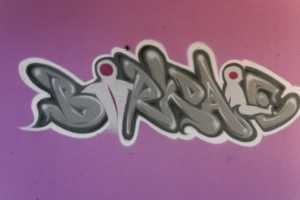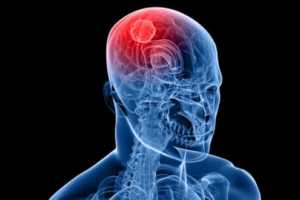Here at the Birkdale we offer on going treatment and monitoring on regular bases.
My client, who is a 51 years old lady, had CVA ON 2ND OF July 2012. She has improved a great deal since her stroke and has decided to become a counsellor to be able to help others who have gone through a similar experience.
Once a person who has suffered a stork reaches this level of rehabilitation it is hard to see if any further improvement is possible unless the therapist observes the patient’s smallest movements.
It is exciting to know how a small change has an effect on other parts of the body. Small trunk movement enabled her shoulder to move better. These movements are very small and generally one is not aware of them. However, sitting on 60 cm air cushion, immediately brought her attention to her trunk and with verbal command to look to the direction of movement, was able to move with more fluidity and ease.
There are many research papers regarding hand and eye coordination. When we are teaching a person gaol directed body movements these research papers are generally ignored. However if we all remember to look to the direction of the movement eg opening the cupboard, first look, the interneuron connection is made and first antigravity muscles come to play ie calf muscles and postural muscle groups, the eye gives information regarding height and how far one has to reach. The eye movements is connected with vestibular and cerebellum and basal ganglion and the information comes back regarding the weight and the effort that has to be made to reach the handle bar.
Generally most patients forget to carry out steps to reach to the gaol as a result they fix their chest and do not look to the direction of movement. Secondly the effort is normally more than they can cope with, therefore movement becomes tiresome and not enjoyable.
My patient was frustrated and felt that reaching out for example to place the plates in the cupboard was too difficult an activity. When I checked her movements I could see that her weight was not shifted adequately to the affected side and she was not looking to the direction of movement.
In standing, a small hedgehog was placed under the unaffected leg. Her weight was shifted to the affected side, and with verbal clue to look to the direction of the movement, she was able to reach up easily and achieve her goal. The movement consequently became easy and fluid. She was happy to repeat the movement and enjoy her success.



